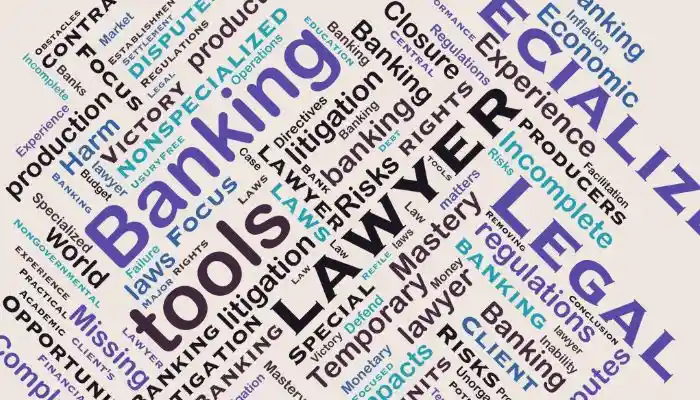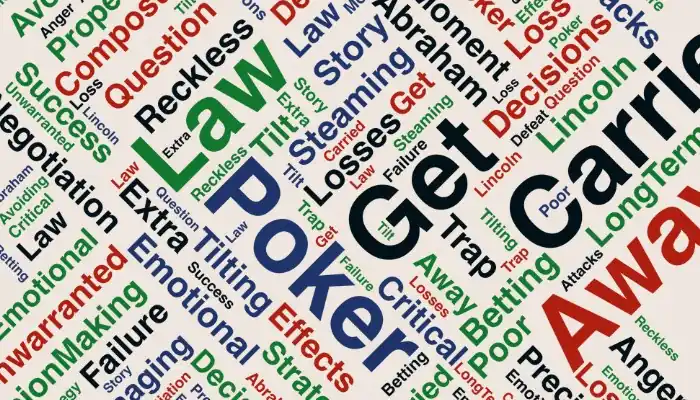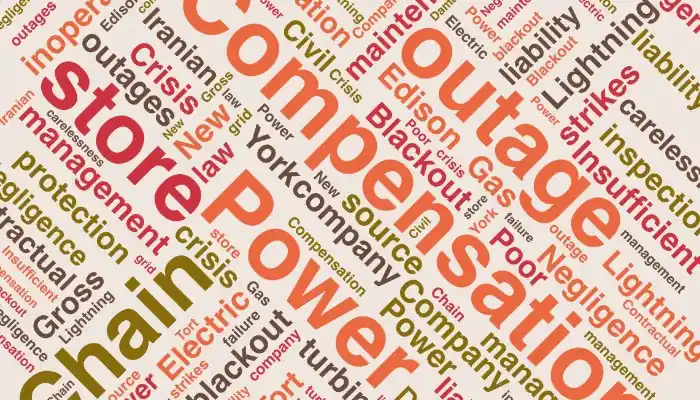Introduction
Banking disputes and complaints are among the significant issues in today’s economic world. Deviations by some banks from banking contract laws and related issues can cause numerous problems, including harm to production, impacts on producers, and the closure of production units.
In such situations, selecting a good banking lawyer becomes highly essential.
What Does a Banking Lawyer Do?
The question arises, what exactly does a banking lawyer do? The role of a banking lawyer is not to take an obstinate stance against the lending bank; rather, the banking lawyer uses available tools—including laws, regulations, directives, and orders from the Central Bank—to identify the bank’s deviations from the proper form of the contract and thus defend their client’s rights. It is important to note that a banking lawyer should not reveal all their data and information at once; their defense should be measured and calculated.
A banking lawyer, in addition to knowing and being proficient in banking law, must also understand the rules of the game!
Just as a specialized and professional banking lawyer can be effective, an uninformed and unprofessional lawyer can be detrimental.
In this article, we will discuss what makes a specialized lawyer unique and what the consequences of choosing a non-specialized lawyer can be.
Section One
Characteristics of a Specialized Lawyer in Banking Disputes
The science of law is established to regulate and balance the relationships between individuals and governments, from small interactions within a family to international relations between states. As the modern world continuously advances and becomes more complex, the need for specialized expertise in every field increases. Just like in other fields, legal practice has also become specialized. For example, a lawyer specializing in maritime transportation contracts cannot operate professionally in matters related to banking contracts.
To draw a clearer analogy, a cardiologist would never be able to provide accurate and precise opinions on neurological diseases.
Now that we understand the necessity of a specialized banking lawyer, we must identify what characteristics a lawyer specializing in financial and banking matters should possess.
-
Mastery of Monetary and Banking Regulations
In Iran, we face economic phenomena such as inflation and a plethora of laws. Our country has enacted numerous laws in every field, and this is especially pronounced in the realm of banking regulations, where the number of laws is exceptionally high.
Why is this the case? The legislator has authorized the Central Bank to enact laws. This means that the directives and instructions issued by the Central Bank effectively carry the weight of law.
The crucial aspect of the work of a specialized banking lawyer is precisely here: a banking lawyer must not only be well-versed in general and specific laws (such as the Monetary and Banking Law of the country, the Usury-Free Banking Operations Law, the Law on the Establishment of Non-Governmental Banks, and the Law on Regulating the Unorganized Money Market) but must also be fully knowledgeable about all the Central Bank’s directives and instructions.
The necessity of learning these specific laws arises because they are not taught at the undergraduate level, and even in postgraduate studies, they are only briefly mentioned.
Therefore, a specialized and trustworthy banking lawyer is one who possesses extensive and superior knowledge of both general and specific laws.
-
Experience in Banking Litigation
Academic education combined with practical experience can yield outstanding results. In fact, one could say that an individual with excellent academic credentials but without experience cannot play an effective role, underscoring the high value of experience.
The term “experience” implies “experimentation.” This experimentation broadens our perspective on an issue and enhances our understanding of the phenomenon.
An experienced individual is one whose diverse experiments and, in other words, “experiences” have resulted in a mature, tested, and firm mindset.
Therefore, in the context of banking lawyers, we can say that an experienced banking lawyer is someone whose previous cases have provided solutions to borrower problems and who can, by referring to their past experiences, choose the best strategy.
-
Focus in Banking Litigation
We all know that focused performance on a single issue is more effective than scattered and diffuse efforts. A specialized lawyer must concentrate all their mental effort on the field they have chosen to work in. The more focused they are, the greater their experience and capabilities will be. It is important to note that this ability is not just needed for one case but must be applied to multiple similar issues.
Section Two
The Major Potential Risks of Choosing a Non-Specialized Lawyer in Banking Litigation
You are likely familiar with the well-known saying, “The first step is the hardest.” This proverb highlights the critical importance of the initial step in any endeavor.
The first legal action taken by a lawyer is akin to laying the first brick, which can significantly impact the outcome of the case. The importance of the lawyer’s initial action is so crucial that sometimes, not only does the case fail, but it may also be impossible to attempt it again.
Here are some of the consequences of choosing a non-specialized lawyer:
-
Failure and Inability to Refile the Case:
Demanding one’s rights and filing a formal complaint is a fundamental human right. Therefore, when the rights of a borrower, guarantor, etc., are violated and injustice occurs, the court judge is obligated to hear their case and issue a ruling. However, once the court’s ruling is issued, all parties involved in the case must accept and comply with it.
It is important to note that there is a rule called the “prohibition of issuing conflicting rulings.” This rule emphasizes that the parties to a lawsuit cannot bring the same case to court again. Therefore, if the case fails due to the unprofessional actions of a non-specialized lawyer, it cannot be refiled.
-
Incomplete Victory:
According to laws and regulations, a lawyer is not responsible for the outcome of a case; their obligation is only to provide diligent, specialized, and accurate defense.
This means the lawyer must make every effort to fully defend their client, but they are not accountable for the final result.
The borrower, guarantors, and pledgers expect their chosen lawyer to properly and completely file the lawsuit and to competently defend them in court and expert sessions to reclaim all lost rights.
For example, if a bank claims that it is owed 100 units (e.g., 100 million tomans) for the loans granted, but according to the law, the debt amount is only 30 units, the banking lawyer must ensure that the court nullifies the entire 70 units that the bank unjustly claims, rather than a lesser amount.
If the lawyer is not specialized, the likelihood of not fully recovering the client’s rights is very high.
-
Missing Special Opportunities:
Ordinary laws can be repealed by new legislation.
A significant portion of laws related to banking facilities are temporary.
Temporary laws have a specific validity period, after which they automatically expire and can no longer be used in legal cases and court proceedings.
Examples of Temporary Laws:
1. Clause 20 of the 2013 Budget Law regarding compensation for damages to borrowers and the removal of interest and penalties.
2. Clause “V” and its related provision in the 2018 Budget Law and the Debt Settlement Facilitation Law of the banking network of the country concerning the elimination of compound interest.
3. Article 20 of the Law on Removing Obstacles to Production related to special benefits for foreign currency debtors – regulations governing the redemption of assets acquired by banks.
These laws are well-known examples of temporary laws. It is evident that if a banking lawyer is not adequately informed about or proficient in these types of laws, they cannot take the correct action at the right time.
As a result, the borrower or banking debtor cannot take advantage of the opportunities and benefits available to them.
Conclusion
Considering the specialized nature of banking disputes and the numerous regulations in this area, the risk of entrusting a case to a lawyer who is not specialized in banking disputes is very high and, as mentioned, has many potential dangers. There is a possibility that the rights of the borrower, guarantors, and others involved may not be fully restored, and the option to refile the case might not be available.
Therefore, it is strongly recommended to choose a lawyer who possesses the discussed qualities, including expertise in monetary and banking regulations, a track record of handling banking cases, and experience and focus in the field of banking law.




